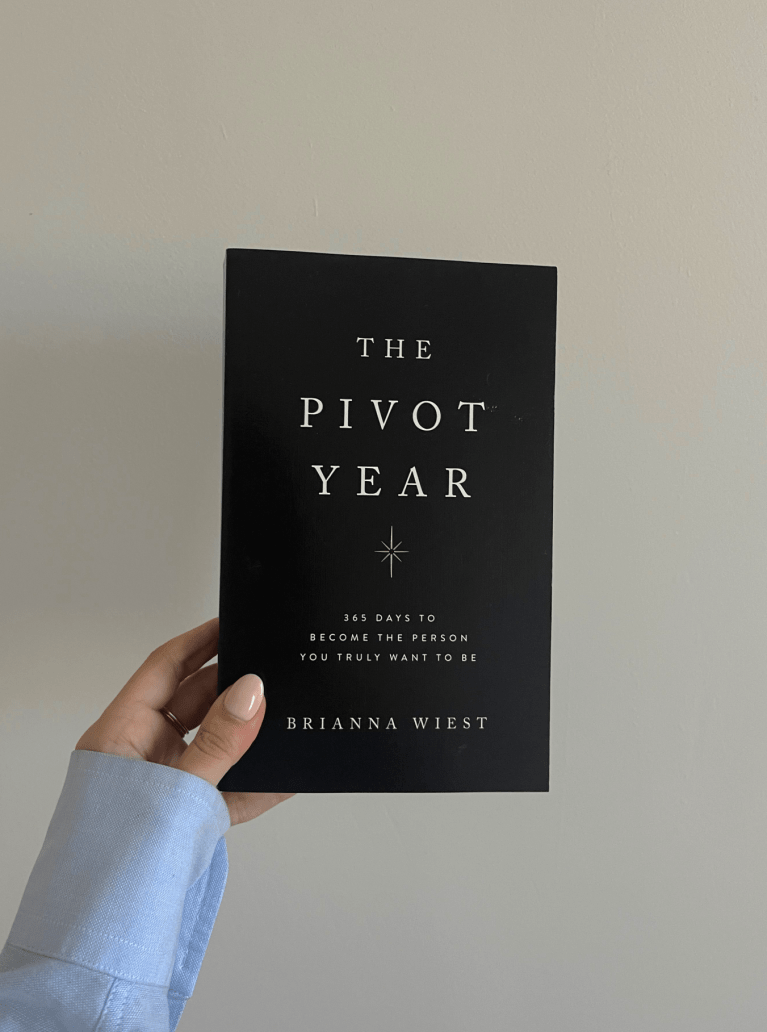
Though we have miles to go in terms of growing up learning what it means to take care of our bodies, we’re even farther behind on how to take care of our minds. Our brains construct our experiences, and there are so many factors that alter and shift our perspectives that our completely in our control, but totally out of our awareness. Here, a few things you can do to detox your mind, deprogram and wipe the slate clean now and again.
- Travel to assimilate to culture. Alter your base point concept of ‘normal.’ What it will show you is how many behaviors/values/beliefs you’ve unconsciously adopted from your surroundings (and ways you can change them).
- Create physical solutions for emotional problems. People default on the idea that one emotion will cancel out or fix another. If you’re upset, seek a high to eliminate it. But negative emotions are just calls to action that are being ignored through a little mental gymnastics and a lot of justification. Detoxing your mind is letting go of emotional highs in place of creating actual solutions.
- Know that emotional toxicity is born of mental resistance. Instead of trying to create a certain emotional experience for yourself (if I do this and this, I will feel this way) try to practice complete acceptance of whatever you feel in the moment. Mental resistance keeps you in your emotional discomfort, even if it numbs it for a minute.
- Identify your tethers. The problems that are in front of you are actually behind you, they are cracks in your foundation that are holding you back. Stop trying to dismantle symptoms, go back and identify the causes.
- Go for a long drive, and let yourself get lost. Drive through neighborhoods you never would have known existed. See how other people live. See them come home from work and what their living rooms look like from the outside. It will comfort you in that you’ll realize how small you are in a more practical way than just staring at the ocean. You don’t know what you don’t know.
- Rearrange your furniture. Your brain constructs your experience through props and signals that those props fire off. You are continually, subconsciously triggering negative or stagnant associations because of how your brain processes your surroundings – change them, change how you think, change what you feel.
- Do a mental purge. Just write down whatever weird thoughts continually cross your mind or the little in-cohesive bits that are clogging your head. Just getting them out will give you relief.
- Write down what you hate about other people. This is what you need to change about yourself/your life (but are resisting too much to actually do something about). Know that it’s often not a surface level issue: you don’t hate your annoying neighbor because she always bothers you for lunch and you secretly bother other people for lunch, you hate her because she acts as though she’s desperate for love and you feel that way too but avoid it because you think it’s embarrassing. This is a cheat sheet to seeing what’s actually wrong in your life. It’s important because completely understanding the problem is the same thing as knowing the solution. If you don’t know what to do, you don’t know what’s wrong. If you don’t know what’s wrong, it’s because some part of you is resisting seeing it.
- Restructure your digital life. It’s not realistic to be forever disconnected (or desirable to a lot of people) but it’s also not realistic to keep things that don’t serve you positively in your social feeds and expect it not to affect you. Instead of just unfollowing what you don’t want to see, follow positive accounts/groups/organizations/publications that you do.
- Notice your unconscious movements. Notice your feet walking and how you are not deciding to lift each one up and forward and yet because your mind said ‘okay, self, let’s get to this point today’ you began to go. Consider your morning intentions similarly.
- Cleanse your space emotionally: consider the emotional attachment you have to the things you keep around you. Did you buy those clothes to be someone you’re not? Do you have decor around your apartment that you got during a particularly crappy time in your life? Let those things go, but decide what to let go by thinking about what they make you feel.
- Place yourself. Make a chart with three columns and on the left write everything you feel you’ve accomplished in your life and in the middle write down what your daily life entails and then on the right put what those consistent habits will lead to/what you hope to do in the future. It helps you focus on the big picture; getting lost in minutiae usually causes people anxiety.
- Shift your physical position every time you start falling back into toxic thought cycles. This basically creates a new experience for your body and refocuses you in the moment (and it’s simple enough to do at your desk at work.)
- Stretch your brain. Pick up a book on something that interests you and learn more about it. Look into research on something you have a theory about. Learn to love learning through actively engaging with things that naturally interest you. If nothing else, it will make you a bit more aware of the world.
- Reevaluate the extent of your connected disconnectedness. If the bulk of your relationships happen digitally (that aren’t long-distance) and you haven’t had a conversation in person without being interrupted by a phone in a long enough time, evaluate how much you’re prioritizing people in your life, and realize that screens > people is basically the best way to create an extremely anxious lifestyle for yourself.
- Identify what your addictions are keeping you distracted from. Most things people struggle with are addictions in some form: a thing you keep doing though you don’t really want to. Understand that addiction is a disconnection from yourself, and a disconnection from yourself is born of something present that you (think) you can’t face.
- Learn to let good enough not be the opposite of perfect. If there is one thing that will give you the most mental-emotional relief it is in letting good enough be good enough.
- Dismantle the parts of your life that are solely performative. The thing is that most of what clogs our minds is all the unnecessary effort we put into constructing a life that seems a little more palatable, a little more noble, a little better than someone else’s (so therefore good enough). But it accomplishes the opposite of what we intend: we place ourselves further from a genuinely happy experience (which is in accepting that life is small and simple and more than enough) through grandiose ideas and attachments that end up making us into characters, not people.







